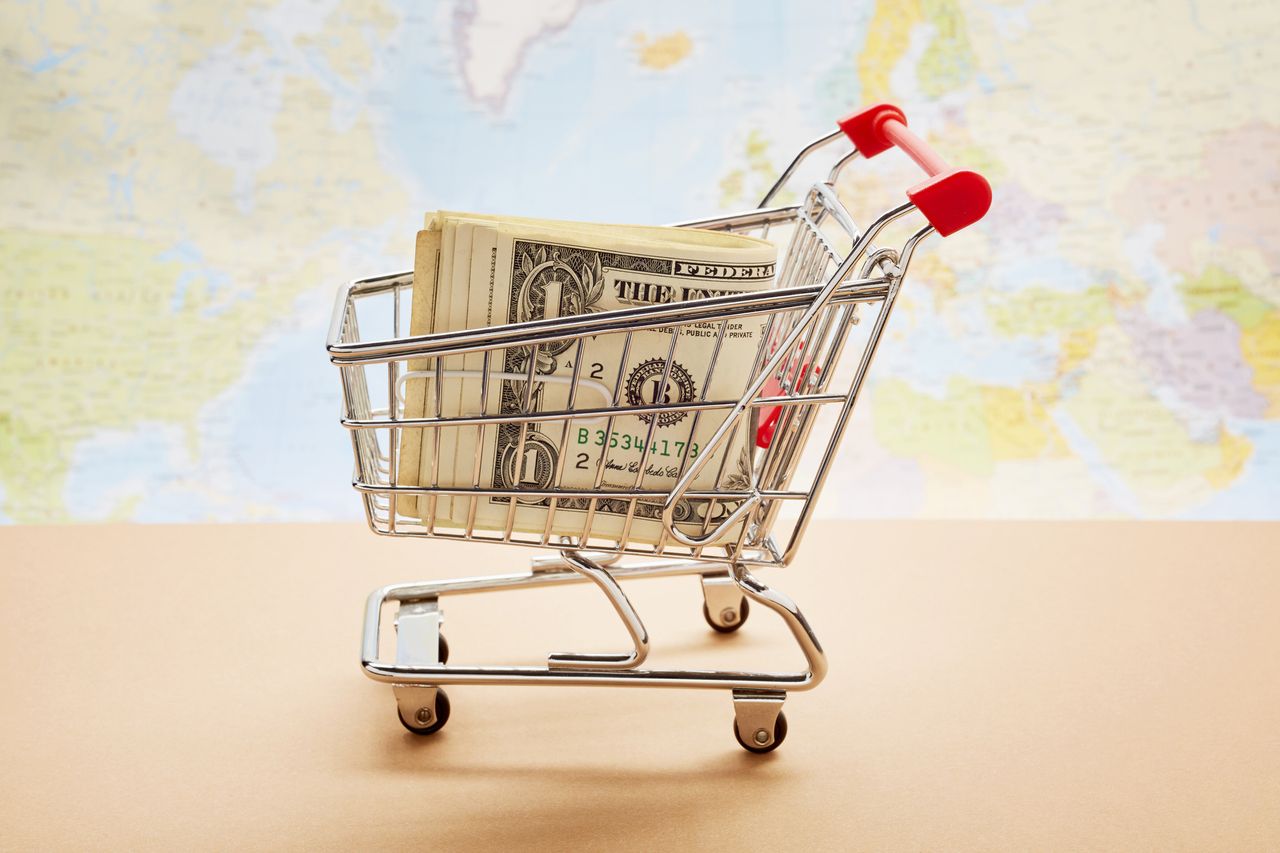
Shopping in one of the states with the lowest sales tax rates can mean saving money.
However, the amount you can save depends on where in the state you shop and what you buy. That's because some localities impose sales tax rates of their own, and items that are taxable in some states might not be taxable in others.
A sales tax is typically applied to retail goods and services, and some states offer exemptions for groceries and prescription medications. This tax serves as a revenue source, and local jurisdictions may add their own tax rates to fund public services like roads, schools, and local emergency departments.
That being said, let’s dive into our list of the 10 states with the lowest sales taxes.
Lowest sales tax states in the U.S.
Keep in mind that localities (cities and counties) in some states can add sales tax separate from the statewide tax rate. Rankings for states with the lowest sales tax are based on the average combined local and state tax rates.
Note: The sales tax rates used in this story are based on 2025 data from the Tax Foundation. This list does not include the four reported states with no sales tax or average combined local taxes.
Washington, D.C., sales tax
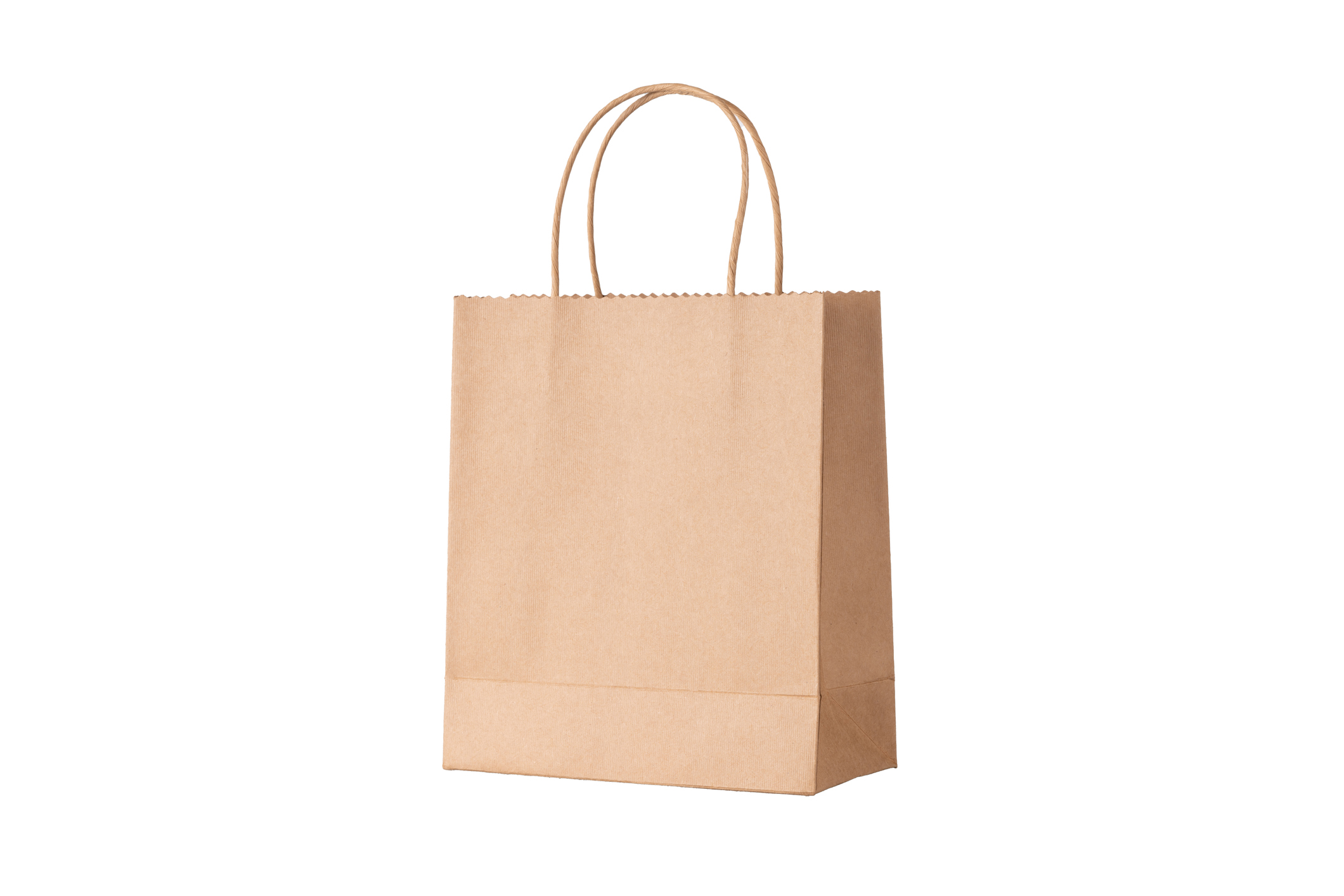
State sales tax: 6%
Average local sales tax: 0%
Average combined sales tax: 6%
The District of Columbia makes this list, thanks to the lack of local sales taxes. Shoppers in D.C. will pay a 6% sales tax rate regardless of which part of the district they shop in.
Other good things to know about D.C. sales tax:
- Groceries and prescription drugs are tax-exempt.
- Some items in Washington, D.C., such as restaurant meals and vehicle rentals, are taxed at a rate higher than 6%.
Maryland sales tax
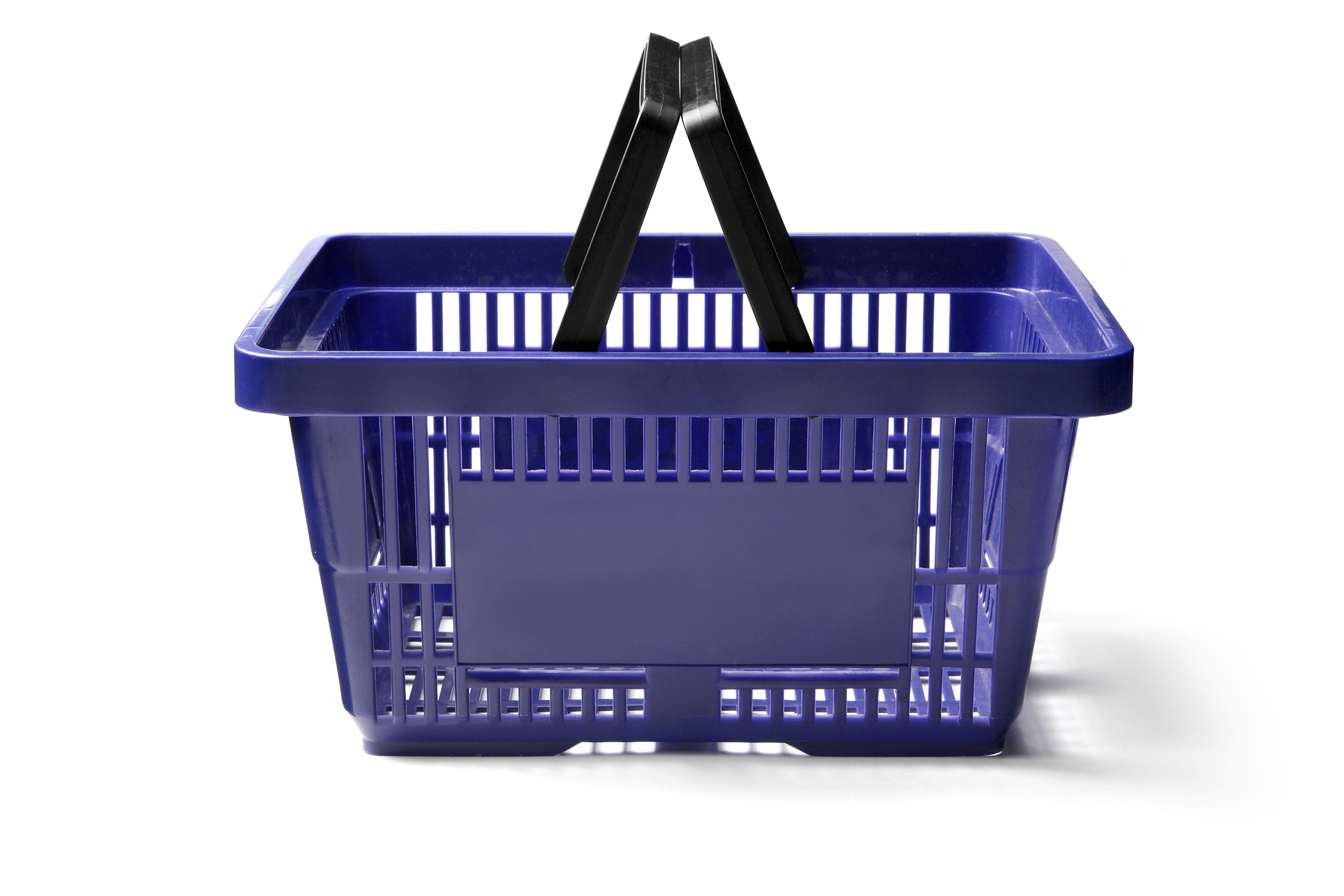
State sales tax: 6%
Average local sales tax: 0%
Average combined sales tax: 6%
One nice thing about tax in Maryland is that you can travel anywhere in the state and not worry about paying a different sales tax rate. It’s 6% everywhere, as counties and cities don't levy their own taxes. Your groceries and prescription drugs aren’t taxable, but you’ll need to pay the 6% tax on clothing and motor vehicle purchases.
Other good things to know about Maryland sales tax:
- Alcoholic beverages are taxed from 9 cents to $1.50 per gallon in Maryland.
- Vacationers could face higher sales taxes, as short-term rental cars are taxed at 11.5%.
Kentucky sales tax

State sales tax: 6%
Average local sales tax: 0%
Average combined sales tax: 6%
With a 6% average combined sales tax rate, Kentucky sales tax ties with three other places on this list. You won’t need to pay any sales tax on groceries or prescription drugs. However, you will pay sales tax when you make motor vehicle and clothing purchases, but that is the case for most U.S. states.
Other good things to know about Kentucky sales tax:
- Last year, three new categories became subject to sales tax. These include jewelry repair, private investigating, even parking.
- On the bright side, Kentucky income tax was slashed from 4.5% to 4% for the 2024 tax year.
Michigan sales tax
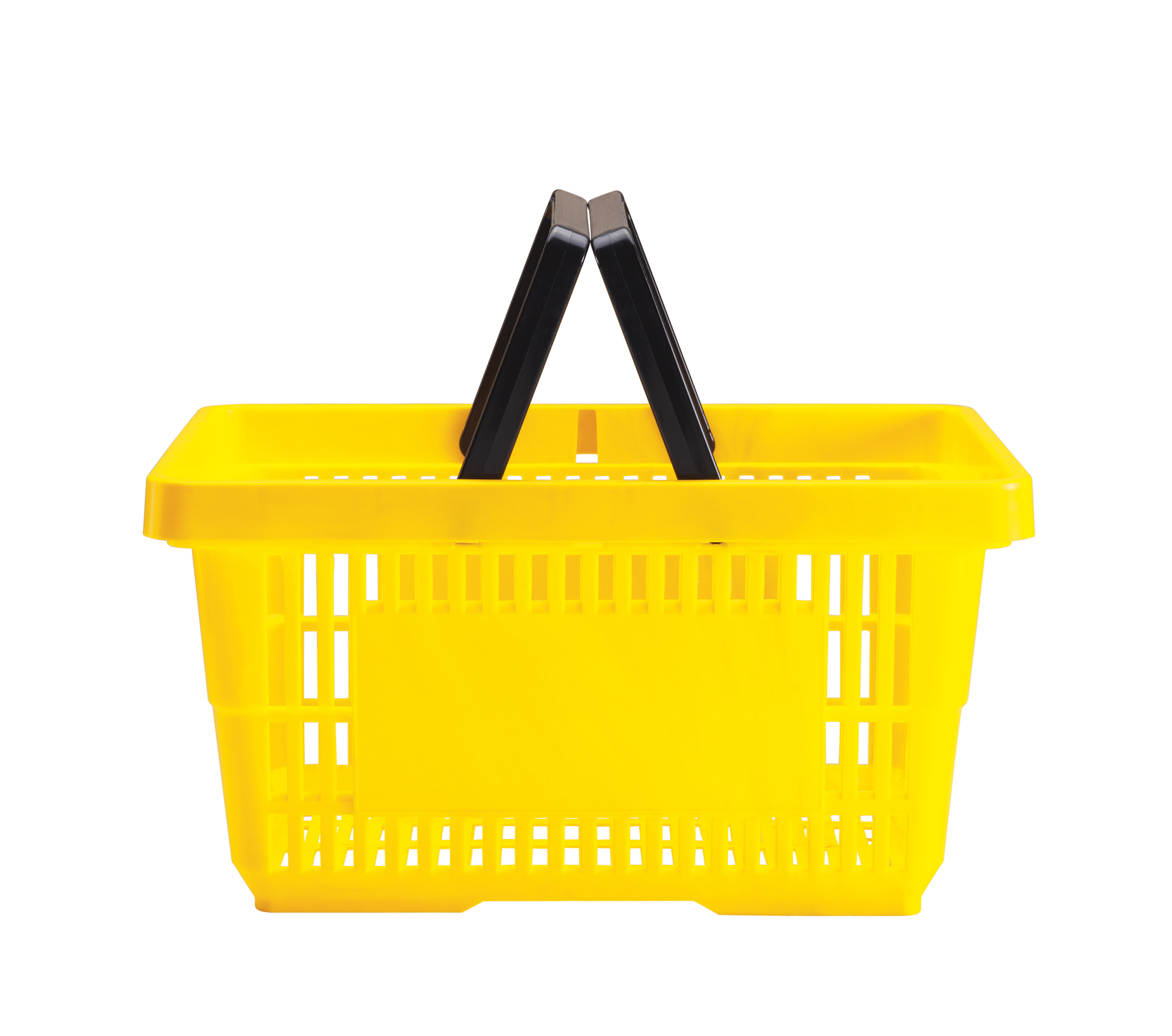
State sales tax: 6%
Average local sales tax: 0%
Average combined sales tax: 6%
Michigan is another state with a 6% sales tax rate. However, residential customers can save slightly on utilities. The Michigan sales tax is lower for certain home energy necessities, such as electricity, natural gas, and home heating oil, which are taxed at 4%.
Other good things to know about Michigan sales tax:
- The statewide sales tax rate hasn't changed in nearly 30 years.
- Groceries and prescription drugs are tax-exempt.
- Clothing and motor vehicle purchases are taxable.
Virginia sales tax

State sales tax: 5.3%
Average local sales tax: 0.47%
Average combined sales tax: 5.77%
Virginia repealed its portion of sales tax on groceries, but a 1% local grocery tax applies in most areas. Local sales tax on everything else can reach as high as 2.7% in some parts of the Commonwealth, meaning that some Virginians pay a 5.77% tax rate on fully taxable items.
Other good things to know about Virginia sales tax:
- Personal hygiene products (including diapers) are taxable but at a reduced rate of 1%.
- Prescriptions are tax-exempt.
- There is no sales tax on over-the-counter medication.
- You'll need to pay Virginia sales tax on clothing.
Wisconsin sales tax

State sales tax: 5%
Average local sales tax: 0.72%
Average combined sales tax: 5.72%
The sales tax rate in some parts of Wisconsin are higher than they were last year due to Milwaukee's sales tax increases. But prescription drugs are tax-exempt statewide. You won’t pay Wisconsin sales tax on groceries, either.
Other good things to know about Wisconsin sales tax:
- The state put an end to sales tax on groceries 17 years ago.
- Wisconsin hasn’t repealed its tax on motor vehicles or clothing, so you’ll still pay state and local tax on these purchases.
Wyoming

State sales tax: 4%
Average local sales tax: 1.56%
Average combined sales tax rate: 5.56%
Wyoming ranks as the state with the fourth-lowest sales tax rate in the country. The Cowboy State imposes a 4% sales tax on most purchases across its 23 counties. However, there’s good news: Groceries and prescription drugs are exempt from the tax. Localities may impose an additional sales tax, but it cannot exceed 3%.
Other good things to know about Wyoming:
- The maximum local tax rate is 3%.
- Groceries and prescription drugs are exempt from the state’s sales tax.
- Wyoming nearly made our list for states with the lowest gasoline tax rates at just 24 cents per gallon.
Maine sales tax
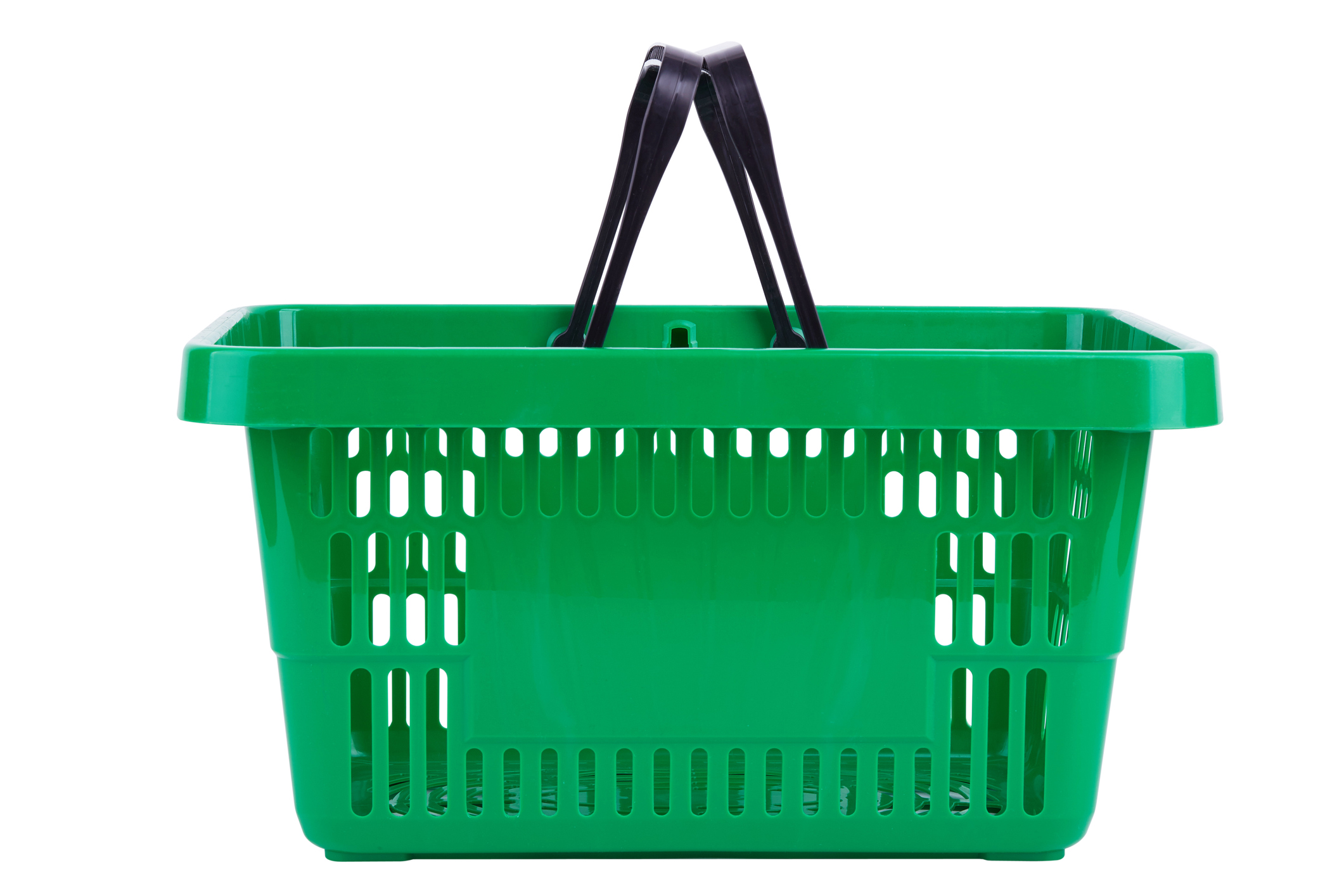
State sales tax: 5.5%
Average local sales tax: 0%
Average combined sales tax: 5.5%
Grocery staples are tax-exempt in Maine, but the state doesn’t include some healthy snacks such as seeds or dried fruit as staples, so you’ll need to pay Maine sales tax on those. Even though Maine doesn't impose sales tax on most fruits, there is a tax on wild blueberries; those processed in the state come with a tax rate of 1½ cents per pound.
Other good things to know about Maine:
- Maine's low sales tax outperforms many Northeastern states, according to the Tax Foundation.
- As of January 1, 2025, all 501(c)(3) nonprofit organizations in Maine are exempt from sales tax for mission-related purchases.
- Before making exempt purchases, qualifying organizations must apply for and receive an exemption certificate from Maine Revenue Services.
Hawaii sales tax

State sales tax: 4%
Average local sales tax: 0.5
Average combined sales tax: 4.5%
Hawaii has a complex sales tax system with many different levels (county, city, transportation, and special purpose districts).
The Aloha doesn't technically have a sales tax, but it does levy an excise tax, which is passed to consumers and reflected in retail prices. The tax also applies to groceries, putting Hawaii among the states with the highest food tax in the country.
To offset some grocery costs, locals may be able to claim a grocery tax credit.
Other good things to know about Hawaii:
- Prescription drugs are not taxable.
- You still need to pay tax on over-the-counter medications.
- Clothing and motor vehicle purchases are taxable.
Alaska sales tax

State sales tax: 0%
Average local sales tax: 1.82%
Average combined sales tax: 1.82%
There is currently no state sales tax in Alaska. However, localities in the state can impose their own sales taxes, and the average local sales tax rate in Alaska has increased from 1.76% to 1.82% in the last year.
Although the average combined sales tax rate in Alaska is the lowest in the country, localities may impose a maximum tax rate of 7.85%. That's something to keep in mind while shopping.
Other good things to know about Alaska sales tax:
- Groceries are subject to local sales taxes.
- As mentioned, localities may impose a sales tax rate as high as 7.85%. This may impact tax on groceries.







